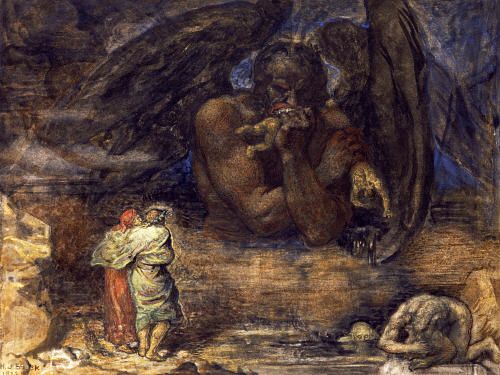Some election notes

*34 US presidential elections have featured a recorded popular vote. In 24 of those elections the two leading candidates received a combined total of at least 90% of the vote. In those 24 elections, the winning candidate who received the smallest percentage of the popular vote was Donald Trump. Put differently, Trump received the smallest share of the popular vote of any winning candidate in US presidential election history, excluding elections which featured a significant third-party vote.
*John McCain’s performance in the 2008 presidential general election is usually looked back on as something of a disaster. McCain’s share of the popular vote was actually quite similar to Trump’s eight years later (45.65% to 45.99%). Mitt Romney received 47.10% of the vote in 2012.
*There are some interesting parallels between the 2004 and 2016 presidential elections. GW Bush’s margin in the popular vote was almost the same as Hillary Clinton’s (3.01 million and 2.86 million votes respectively, although Clinton’s margin is not quite final yet). Bush avoided Clinton’s fate by barely winning a critical swing rust belt state, taking Ohio by 118,000 votes out of nearly 5.7 million cast there. If a few tens of thousands of marginal Bush voters had gone to Kerry instead, the 2004 election would have featured a losing candidate with a three-million vote win in the popular vote. Of course if an even smaller total number of rust belt voters in MI, PA, and WI had voted for Clinton instead of Trump, the 2016 election would look practically identical to 2004.
*Following up on my little thought experiment in re Jill Stein: I think it’s an open and basically unanswerable question whether Stein abandoning her campaign and endorsing Clinton would have actually produced enough votes for her to swing the election. I’m intrigued by Jameson Quinn’s data on this question, but it seems to me those data can ultimately not say very much about the extent to which Stein’s campaign dampened turnout at the margin for Clinton in the three states where the election was decided.
I also agree with various commenters that this hypothetical becomes more plausible the earlier that Stein pulls out of the race and endorses Clinton.
But ultimately this thought experiment had little relation to any real world possibility, because Jill Stein is a narcissistic fool who, I would guess, never even for a moment considered abandoning her idiotic self-indulgent little publicity stunt/grift. Indeed I would further speculate that if you were to ask her today if, knowing what we know now, she would have done anything differently, she would say “no.”
Oh wait, I just googled it and it turns out there’s no need to speculate:
“It’s very clear from exit polls that there were very few Greens, 61 percent, that would have come out to vote if they didn’t have a Green candidate to vote for,” she said. “Of the remainder of those, over one-third would have voted for Donald Trump. It’s not supported by the numbers that the Greens would have made the margin of difference, not for a single electoral vote.”
Hopefully some new Dante will stick her in the ninth circle, with St. Ralph and an Intercept journalist or three, where Karl Rove can gnaw on their collective left feet for eternity and a day.
But the real point of the hypo is that contemporary presidential elections are now often so remarkably close (three of the last five have been decided by what was essentially an almost random handful of votes) that in retrospect a remarkable number of people could have altered the outcome if they had chosen to behave differently. This is of course most obvious in the case of the candidates themselves, who can be Monday morning quarterbacked from here to eternity, but the point is more salient in regard to various people who could have — again obviously in retrospect, but so what? — quite possibly stopped the candidate who was by their lights the greater of two evils from winning, but who chose not to for whatever reason.
(I’m giving Stein, Nader, et. al., the benefit of the doubt here by assuming that ultimately they really didn’t prefer Bush to Gore and Kerry, or Donald Trump to Hillary Clinton. I realize this assumption may well be incorrect).
In other words, in excruciatingly close presidential elections a lot of people end up being invested with a lot of power at the margin, and the moral responsibility for the outcome that goes with it. That would be a nice thing for everyone to remember next time, assuming there is one.
